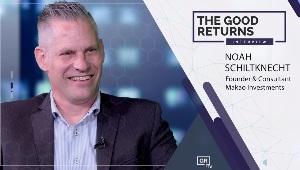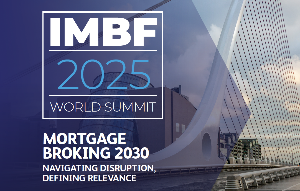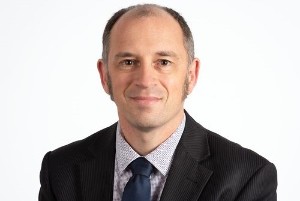
He talks to GRTV about why it’s not a good idea to choose a fund manager based on past performance.
Taking the analogy of a 100 metre race between Usain Bolt, himself and GRTV’s Philip Macalister, it’s clear Usain Bolt would win, says Schiltknecht. It’s all about natural ability and skill and there’s no need to run the race 50 times to know who will win.
“It’s clear that luck doesn't play a role. When it comes to investments, both skill and luck are involved with outcomes, and it's the same for fund managers.”
Another analogy would be to throw darts at the NZX50 to select stocks - a terrible approach but purely by chance, the results after one year, may have outperformed the NZX, and even all the other fund managers.
“Would you say that they were the best ones to pick? Definitely not. It’s really important to look beyond performance, especially over the short term, and look at how fund managers are making decisions.”
Talking to the PM
In the past four years Makao Investments has spoken to around 100 fund managers and only one didn’t allow access to a portfolio manager. In that case, Makao said they couldn’t give them a rating because they need access to the people making the decisions. In the end they were able to talk to the right people.
“Even though we’re a small firm and this is a small market, access hasn’t been an issue to date which is really pleasing.”
On selecting fund managers, Makao has a two-part framework. One is the ‘outside view’ which looks at the firm, the team and the process across criteria such as firm stability, governance, compliance, risk management, resources, track record, and the investment process. It is mainly informed by a questionnaire and public sources.
“But then importantly we need to talk to the people involved,” says Schiltknecht. “That’s what we call the inside view.”
It’s a lot more interview based and involves talking to analysts, portfolio managers, and traders to rate them on three categories: operations for trading, culture (which Schiltknecht says is often overlooked) and skill - do they have unique insight into the market, do they see something others don’t see and thereby have a chance to outperform the benchmark.
Only a small percentage is given a top rating. Schiltknecht says that’s a reflection of statistics and academic evidence which show how many fund managers do outperform.
He says New Zealand is a better market for active management and active managers tend to do well here but it also goes in cycles. A manager may have a certain style, for example, value-investing had a really difficult time until the bottom of the market after the pandemic and that has now come back a lot.
“So it’s important as well to have some context around - is it the right environment for a manager to outperform? And if it’s not that doesn’t necessarily mean they’re not skilled, it just means their style is out of favour.”
Regardless of the state of the markets, selecting fund managers is never easy. “I don’t think there’s ever an easy environment for active management.”





Comments
No comments yet.
Sign In to add your comment